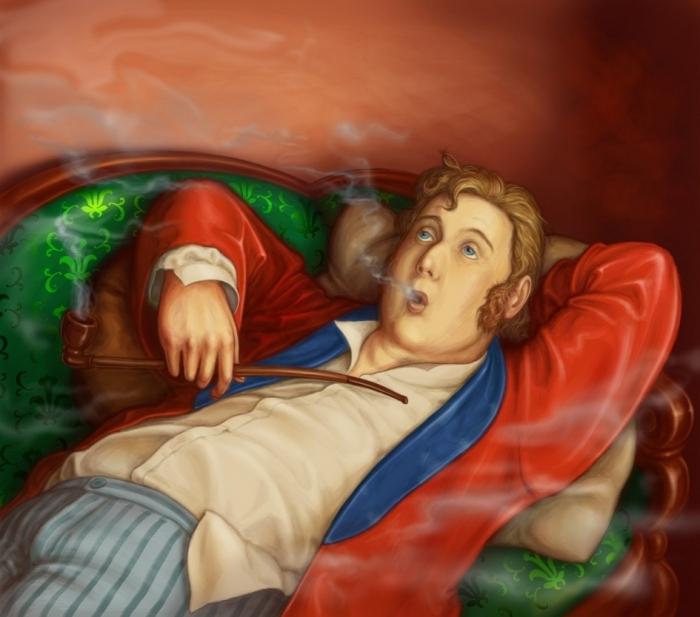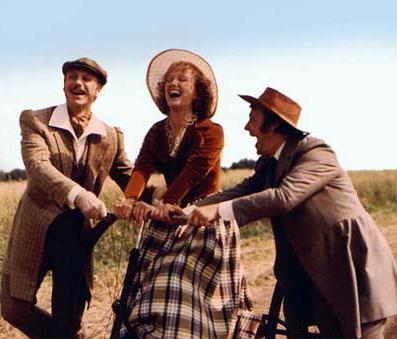This concept is familiar to us from high school. There it is suggested to us that "Oblomovism is moral decay, doing nothing, a parasitic way of life of a pathological idler." But is that so? And how characteristic is this phenomenon for modernity, for the Russian character?
It is generally accepted that I. A. Goncharov condemns his hero, because it is no coincidence that he compares him with the active and progressive Andrei Stoltz.

As a rule, it is said that Oblomovism is the echoes of noble, noble Russia in the worst case. But let us recall how the writer recreates the leisurely rhythm of the estate’s life. How truly gently he describes the dream of his hero, his dreams, his only ties with Olga Ilyinsky. Maybe Oblomovism is, according to Goncharov, a characteristic feature of the Russian picture of the world? It is no coincidence that the enterprising Stolz in the novel is German, that is, as it were, a foreign body in the worldview of Slavophiles and traditionalists. The word "Oblomovism" in the modern language has long become almost abusive, in any case, containing a negative assessment of the phenomenon. But the novel is not a libel, not a pamphlet. He recreates the struggle of two principles, Westernized and Slavophil, progressive and traditional, active and passive. Modern critics interpret it in a broader philosophical context. According to some, Oblomovism is not so much a social as a worldview phenomenon.

This is an attraction to nature and beauty, a rejection of technological progress and the accelerating pace of life.
This is traditionalism, loyalty to the foundations. It is a kind of Asian, almost Buddhist spirit. Is Ilya Ilyich lazy? Of course. Only here is his laziness - an organic continuation of his upbringing and lifestyle. He does not need to fight for a livelihood, he does not need to work, because he is a landowner. In criticism, it was customary to condemn his attitude to Olga Ilyinskaya, his apathy and lack of will, his unwillingness to take responsibility. But the modern family psychologist, most likely, would have praised his decision and rejection of romantic feelings. Oblomov himself realized how different they were with the bride, he realized that any compromise would be a real fragility of personality.
But with Agafia Pshenitsyna he found happiness - quiet, homely, family. Yes, and Olga got what she wanted.
Therefore, is the concept of "Oblomovism" really so negative? An eternal, worn-out robe, cobweb, entropy, decline, is associated with it. But, on the other hand, the author drew his hero not one-sided. The image of Oblomov is ambiguous, as is the worldview that he is the embodiment of. Do not rush anywhere, do not make plans, do not rush in all directions, do not fuss. Living, enjoying the present day, the beauty of the world around us, art - is this not a dream of a modern person? Conscious of continuous progress, constantly increasing demands, we forget how little we really need to feel harmony. But Ilya Ilyich found her intuitively. Oblomovism is a kind of escapism, a departure into the world of fantasies. Such people do not rebel against the way of life, do not alter reality, but are reconciled with it. Is it possible to unequivocally state that this is a defeatist position? Goncharov himself does not give a direct answer, but provides the reader with the opportunity to evaluate the hero and his world.